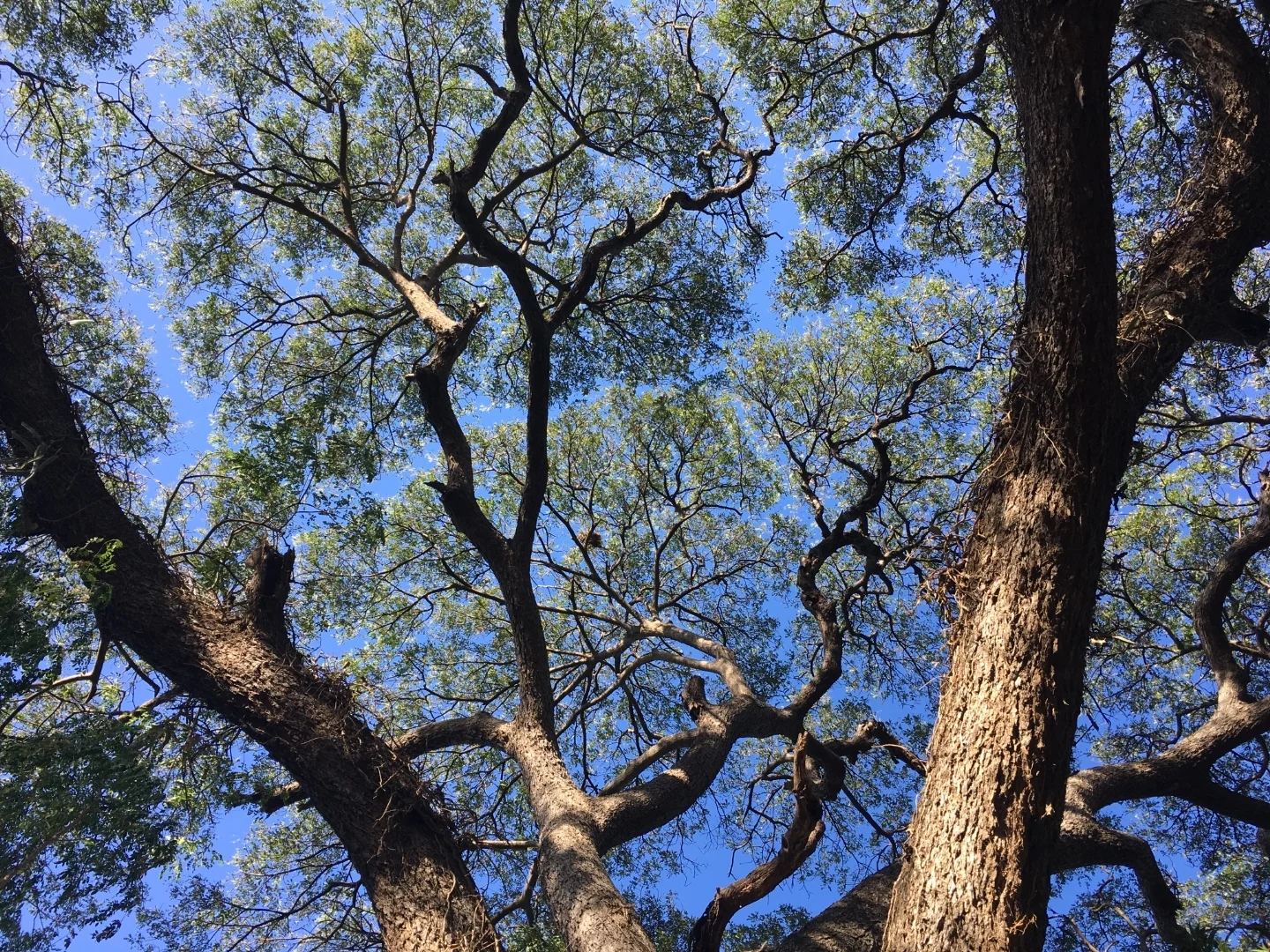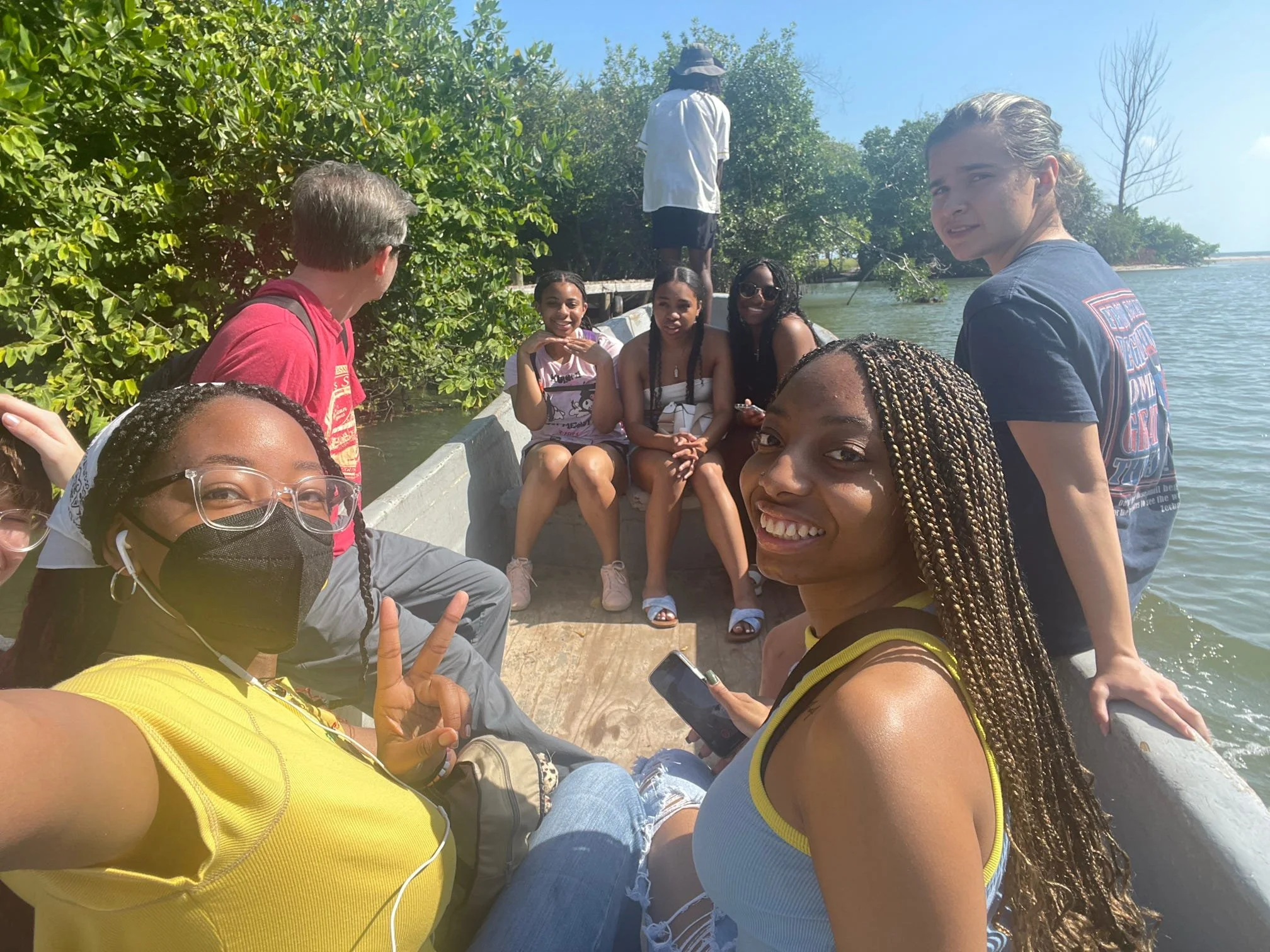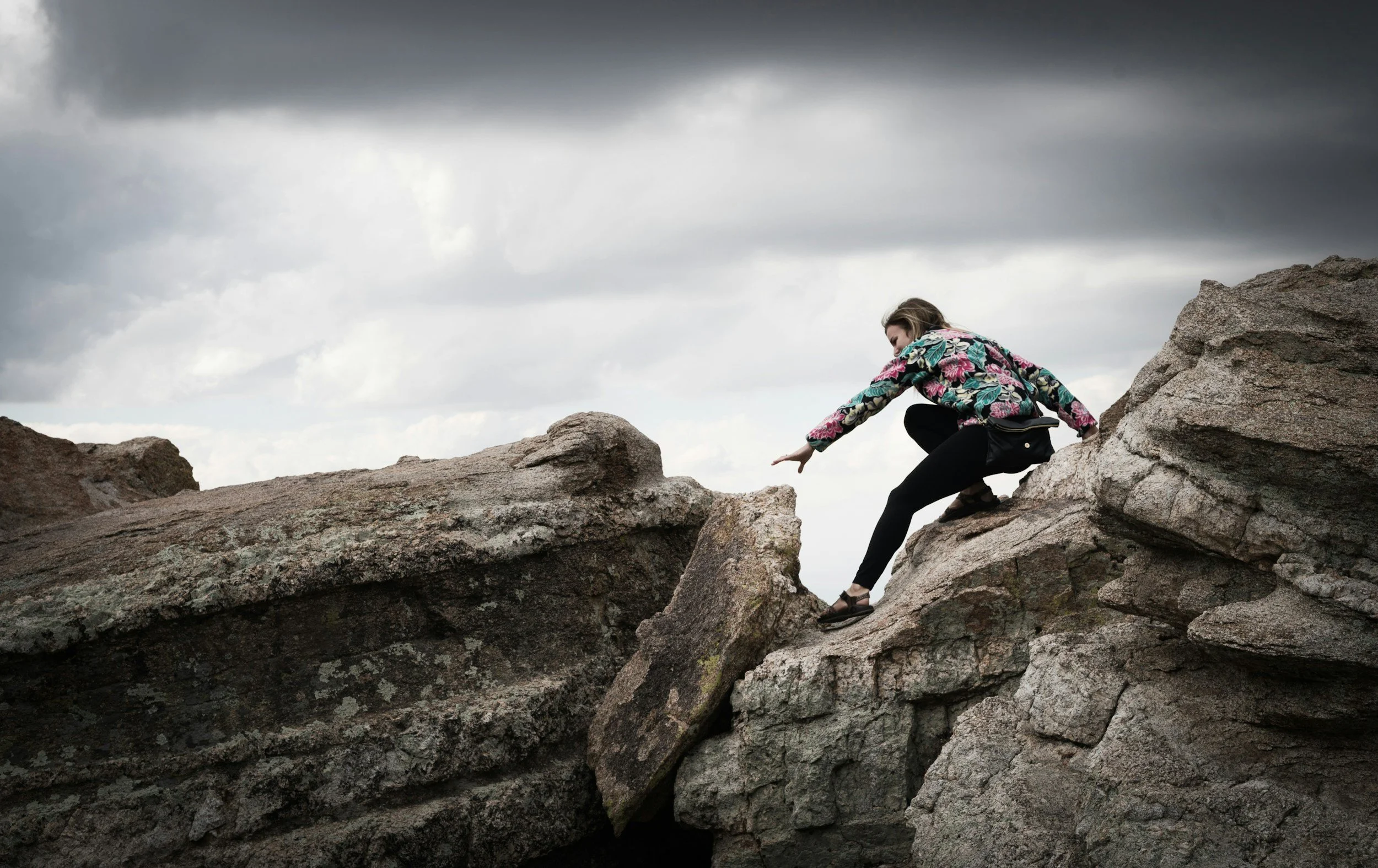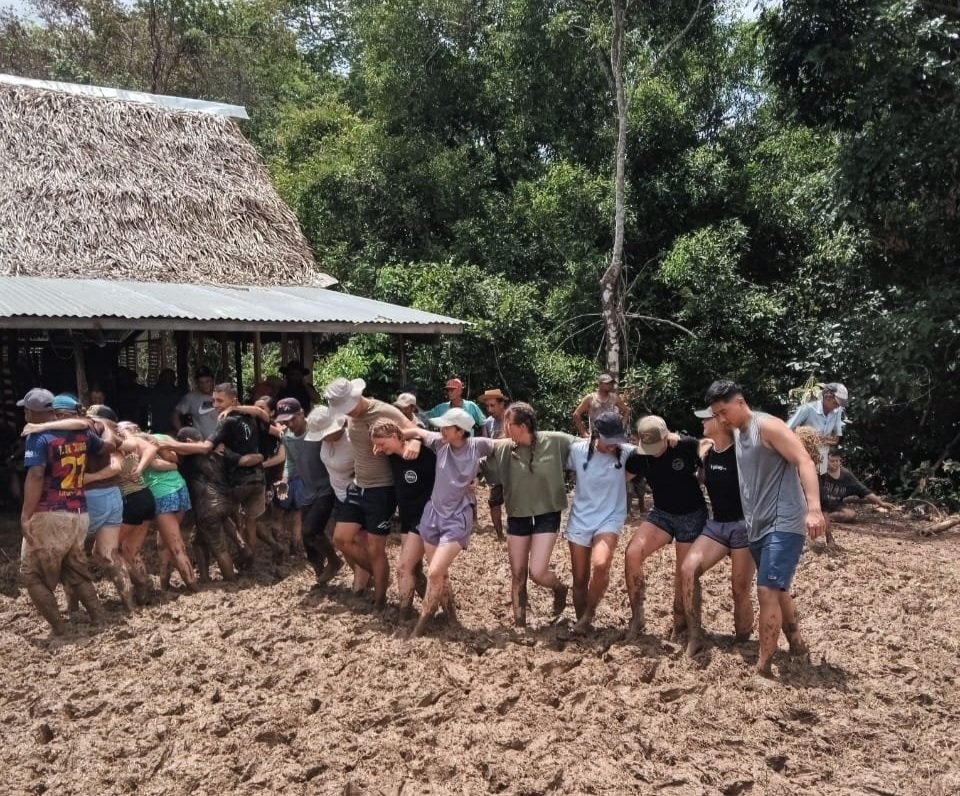Who are the Mapuche?
/“We would like you, as head of the Vatican State, to become aware of our firm desire for dialogue on the occasion of your visit to our Mapuche Wallmapuche territory. A dialogue, which we hope to be based on the principle and right of self-determination as Indigenous Peoples, deposing once and for all the historical regimes of paternalism, indigenism, domestication and colonialism that we have been subjected to until today.”
This was the message sent to Pope Francis in 2017 by Mapuche community leader Nibaldo Romero.
Mapuche women in traditional clothing at a territorial recognition ceremony.
The Mapuche have resisted conquest by the Inca Empire, the Spanish Empire, and the Chilean state for hundreds of years. The resistance is not getting any easier.
The Mapuche are Indigenous People who make up 9% of Chile’s indigenous population. Their ancestral territory spans portions of Chile and Argentina, and while some recognize themselves as citizens of these nations, many do not. They have inhabited these lands since 600 BC, and, having resisted more than 350 years of Spanish colonialization, remained independent until the late 19th century, when the Chilean state rapidly expanded. Some claim independence to this day.
“I am Mapuche. Don’t call me Chilean,” my friend and host Manuel Maribur told me last year when I visited his home in the Elicura Valley about 8-hour’s drive south of the Chilean capital Santiago. Manuel is developing a network of community tourism in his community and represents the Mapuche at international tourism conferences. Tourism can be an important source of income for rural families.
Araucaria trees are a sacred food and life source to the Pewenche people, a subgroup of the Mapuche.
The Mapuche speak their own language, Mapudungun, with about 200,000 full-fluency speakers remaining in Chile. It is now being taught in some rural schools where most children are Mapuche. They live in mostly rural communities of extended families led by a chief called a lonko.
Many modern day Mapuche are deeply spiritual people. Central to their cosmology is the idea of a creator called ngenechen, who is embodied in four components: an older man, an older woman, a young man and a young woman. In addition, they believe that spirits of their ancestors coexist with humans and animals in the natural world.
The Mapuche practice herbal and spiritual medicine. In most communities a female shaman called a machi performs ceremonies for curing diseases, warding off evil, interpreting dreams and influencing weather, harvests, and social interactions. Machis often have extensive knowledge of local medicinal herbs and sacred stones and animals, which they learn during an apprenticeship with an older machi.
The Mapuche territory spans Chile and Argentina.
The modern day resistance of the Mapuche is rooted in the colonial resistance. They consider their land sacred and the invasion of Chilean and international logging and hydroelectric companies to be illegal. Large sections of Mapu territory have been deforested of native species, which were replaced by farmed non-native trees. In the Araucania region, where a group of the Mapuche called Pewenche live, the sacred 1000-year-old Arauraria Pines are dying, likely due to climate change.
Yet the Mapuche are united in their resistance. Numerous communities have been formally recognized by the Chilean government and now collectively own their land. On numerous occasions Mapuche protests resulted in a diversion of development and forestry projects. Their triumphs over colonizing regimes have been exemplary for Indigenous People throughout the Americas.
Do you want to delve deeper into the history, cosmology, and struggle of the Mapuche?
Join our Culture, Wine, and Glaciers trip this November to stay with a Mapuche family and learn their story firsthand.
Mapuche woman. Photo: Raul Urzua
















